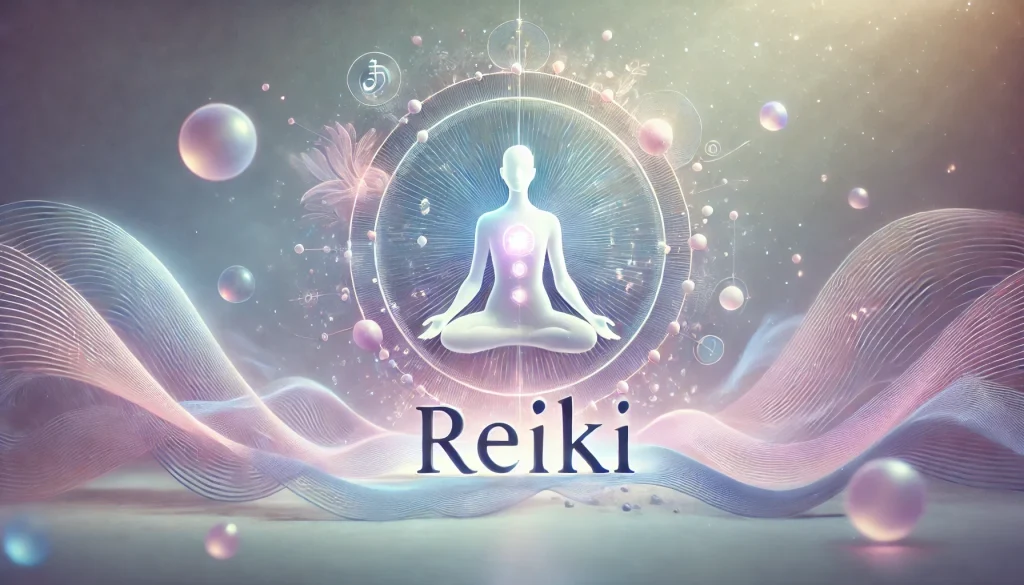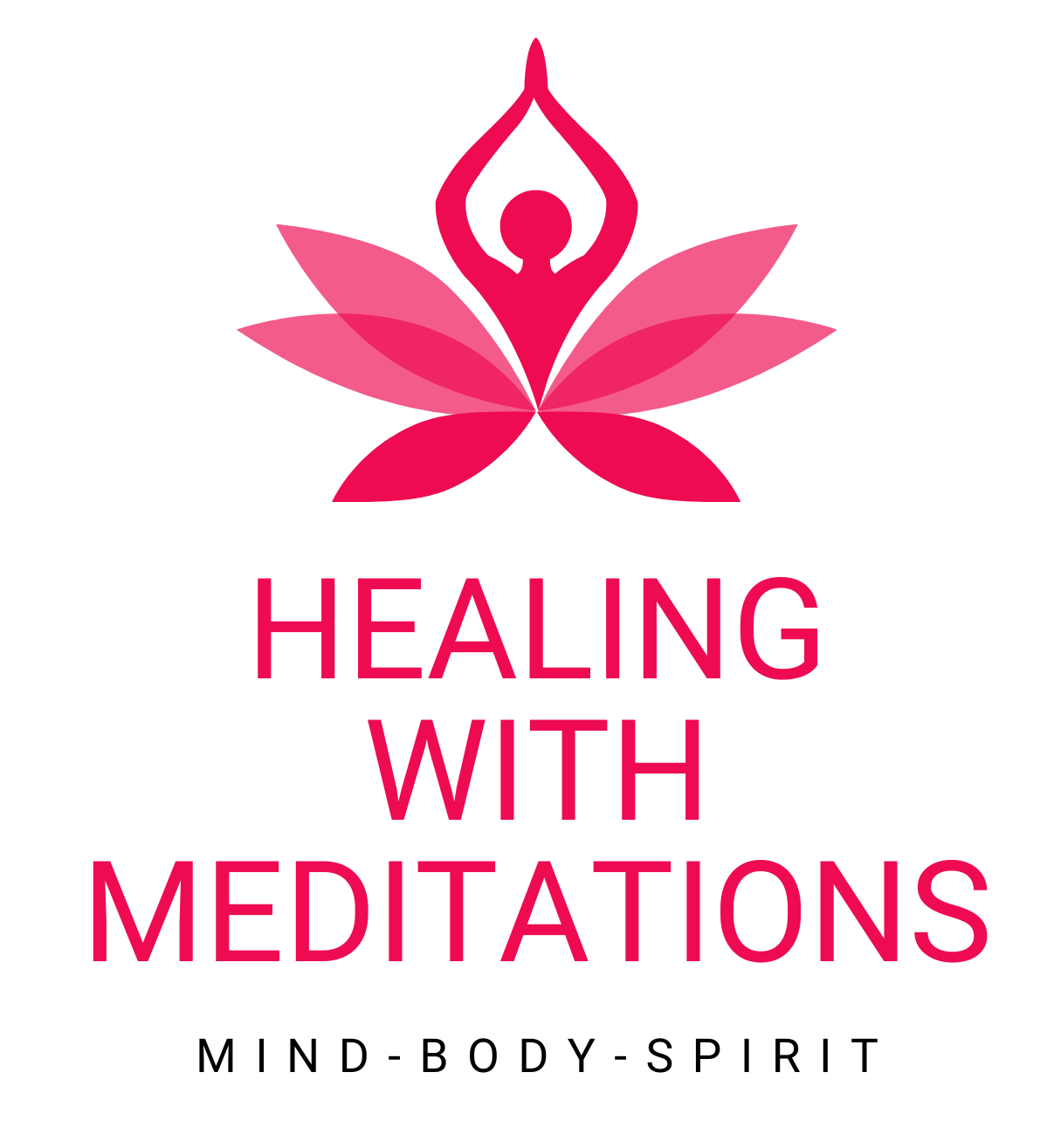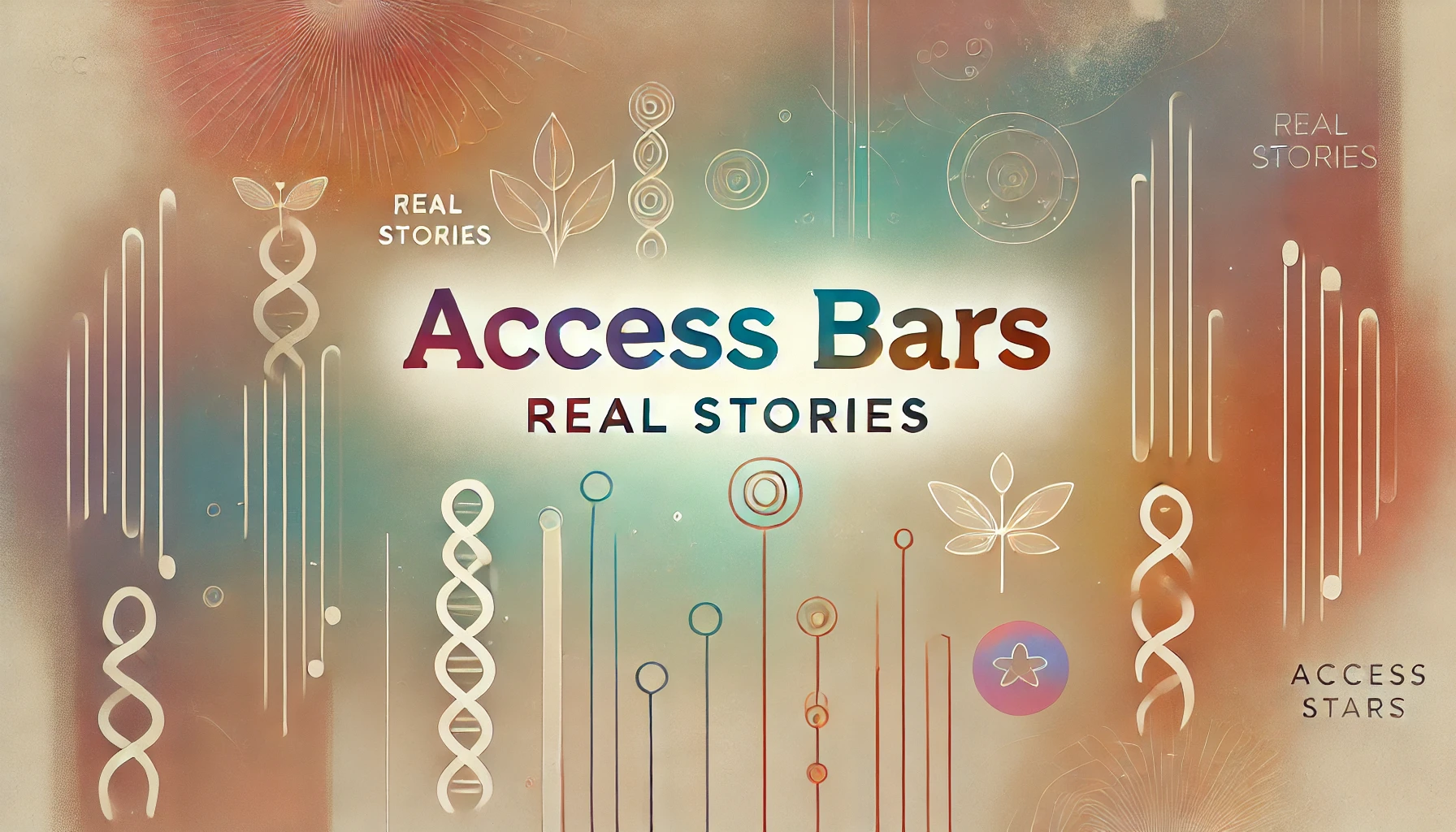Reiki, often referred to as energy healing, is a form of alternative therapy that originated in Japan. The word “Reiki” comes from the Japanese words “rei,” meaning universal, and “ki,” meaning life energy. Together, they signify a universal life force that flows through all living beings. This practice is based on the belief that life energy, or ki, is a vital force that can be channeled to promote healing, balance, and harmony in the body, mind, and spirit.

The Origins of Reiki
Reiki was developed in the early 20th century by Mikao Usui, a Japanese Buddhist. Usui was inspired by ancient healing practices and sought to create a method that could be easily taught and practiced by anyone. He believed that by harnessing the energy that flows through the universe, individuals could heal themselves and others.
How Does Reiki Work?
Reiki is performed by a practitioner who channels energy through their hands into the recipient’s body. The practitioner does not direct the energy themselves; instead, they act as a conduit for the universal energy, which flows to where it is needed most. The process is non-invasive and typically involves the recipient lying down, fully clothed, while the practitioner gently places their hands on or near specific areas of the body.
The Principles of Reiki
Reiki is built on five core principles, often referred to as the Reiki Precepts. These principles serve as a guide for living a balanced and harmonious life, and they are recited daily by Reiki practitioners:
- Just for today, do not anger.
- Just for today, do not worry.
- Be grateful.
- Work with diligence.
- Be kind to others.
These principles encourage mindfulness and self-discipline, which are essential for maintaining the flow of positive energy.
The Benefits of Reiki
Reiki is known for its ability to promote relaxation, reduce stress, and enhance overall well-being. Some of the key benefits include:
- Stress Reduction: Reiki helps to calm the mind and body, making it easier to cope with stress.
- Emotional Healing: By balancing the body’s energy, Reiki can help release emotional blockages and promote healing.
- Physical Healing: While Reiki is not a substitute for medical treatment, it can support the body’s natural healing processes and reduce pain.
- Spiritual Growth: Reiki encourages a deeper connection to the self and the universe, fostering spiritual growth and awareness.
Reiki in Eastern Philosophy
In Eastern philosophy, the concept of life energy is fundamental. In traditional Chinese medicine, it is known as “qi,” while in Indian Ayurveda, it is referred to as “prana.” Reiki shares similarities with these ancient practices, as it focuses on the flow of energy within the body. The belief is that when energy flows freely, the body is in a state of balance and health. However, when energy is blocked or stagnant, it can lead to physical, emotional, or spiritual issues.
Modern-Day Applications of Reiki
Reiki has gained popularity worldwide and is now practiced in a variety of settings, including:
- Hospitals and Clinics: Many healthcare facilities incorporate Reiki as a complementary therapy to support patients undergoing treatment.
- Wellness Centers and Spas: Reiki is often offered as part of holistic wellness programs that include massage, meditation, and other therapies.
- Personal Practice: Individuals can learn Reiki to practice on themselves, friends, and family, promoting well-being in their daily lives.
Access Bars and Reiki: A Comparison
While Reiki focuses on channeling universal energy, Access Bars is another form of energy healing that involves gently touching 32 specific points on the head. These points are believed to store electromagnetic components of all thoughts, ideas, and beliefs. The practice aims to release blockages and promote mental clarity and peace. Both Reiki and Access Bars share the goal of improving well-being, but they differ in their techniques and focus areas.
How to Get Started with Reiki
If you’re interested in experiencing Reiki, there are a few ways to get started:
- Find a Certified Practitioner: Look for a practitioner who is certified in Reiki and has experience in the field.
- Learn Reiki Yourself: Many people choose to learn Reiki through courses and workshops, which can be done in-person or online.
- Practice Regularly: Like any skill, Reiki improves with regular practice. Start by performing self-Reiki sessions and gradually expand to working with others.
Conclusion: Embracing the Power of Reiki
Reiki offers a gentle yet powerful way to enhance your well-being by harnessing the universal life energy. Whether you’re looking to reduce stress, heal emotional wounds, or simply promote balance in your life, Reiki can be a valuable tool. By understanding its principles and embracing its practices, you can unlock the potential of energy healing in your own life.


